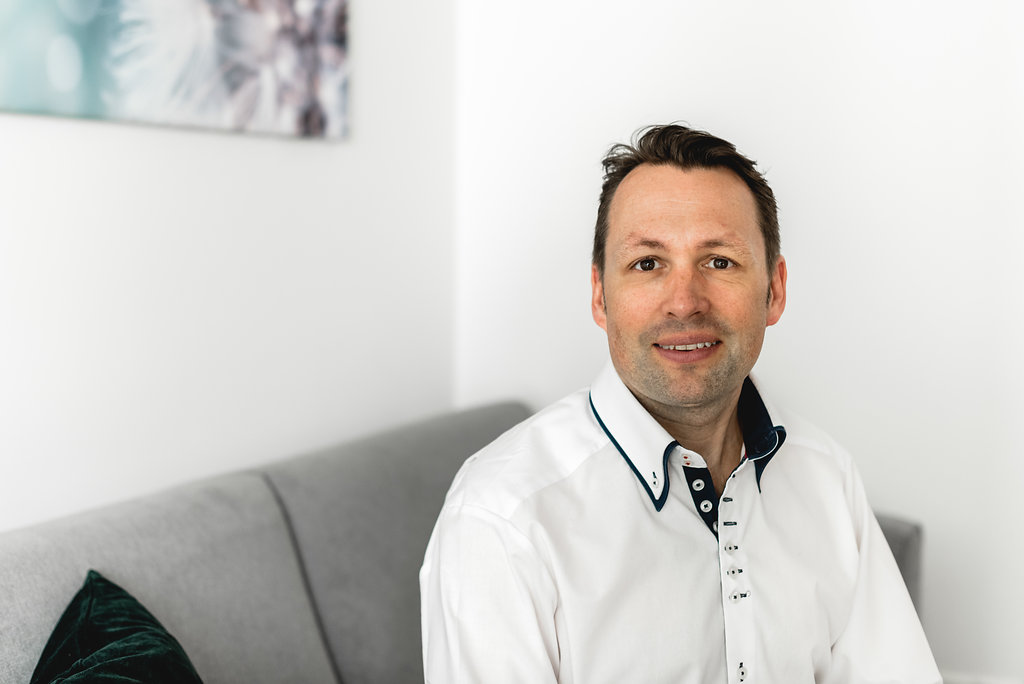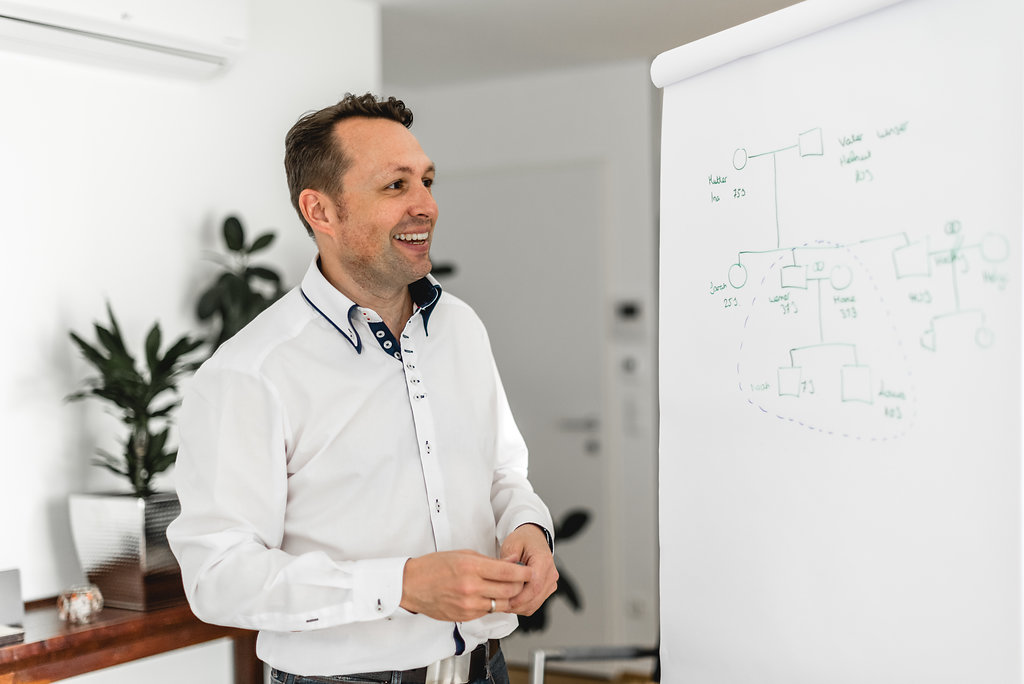

What is (business) coaching?
Coaching as a concept dates back to the turn of the 19th century. English students coined the term in referring to their tutors who were responsible for preparing them for sporting competitions and exams. Just as a (horse and) coach helps its passengers to progress and move towards a goal they saw their tutors as helping them progress and reach academic and athletic targets. Today the term coaching is widespread and crops up all over the place. People talk about sports coaching, diet coaching, voice coaching, learning coaching, business coaching etc. A coach must have an expertise in the subject matter for the specified field in which he is (e.g. business) in which he is coaching and he must be able to motivate and support his coachees in defining and attaining their goals in this field.
My understanding of myself as a business coach is as someone who combines his education, experience and knowledge from business (e.g. marketing, law, IT etc.), psychology (e.g. personality and motivation theories, brain research) and psychotherapy (in my case systemic therapy, emotionally focused therapy and hypnotherapy) in order to support clients in the context of their careers and professional lives. This means helping clients with for instance:
- Overcoming problems and difficulties in the workplace
- Learning to harness and tap into their creativity and experience to find find new solutions, strategies and options for action
- To recognise problematic and unhealthy behavioural and cognitive patterns and to find opportunities for change
- To identify, harness and grow resources, skills and competencies
- To promote self-reflection and the ability to shift and view things from a different perspective
- To develop and expand their personalities

Coaching is about development and learning. It differs from the school system we have grown up with though in important ways: the mandate comes from the coachee and the tasks, goals, duration and pace of learning are jointly agreed upon between coach and coachee. I go to lengths therefore to work as transparently as possible and to explain what I am doing and why as well as to involve coachees in the decision-making and planning parts of the coaching process. I see myself as having responsibility for guiding conversations and for the coaching process and coachees on the other hand as being responsible experts about themselves and what it is thy find useful and helpful for them or not.
Closely related to this approach is the idea that coaching is about helping people to help themselves. It is not about establishing a classic teaching environment in which an expert tells someone else what do do. It is about helping people to access their strengths, resources and creativity. It is about helping people to improve or regain their ability to regulate their inner experiences and/or external circumstances for themselves. In this sense a coach is more like a tour guide or journey companion than a teacher. The aim is to accompany the client on their path, to encourage them and to point out potential items of interest or new ways of looking at things.
Who can benefit from business coaching?
Business, career and executive coaching are services which can be useful for anyone operating in a career context (students are also included in this statement) and who wants to grow on a personal level. If you want to work on you communication style, self-confidence, self-esteem, time management, leadership qualities, conflict management or general professional development then business coaching may well be able to help you here.
It can also be expedient to seek the help of a career coach during phases of increased stress and pressure in the workplace. Coaching can be in this sense a useful means of getting support to prevent burnout, exhaustion, and depression. The point at which it becomes critical to seek out professional assistance will vary of course from person to person. Having said that it is generally advisable to seek out help before your health becomes affected. Leaving it too long generally also makes the recovery process more time consuming and expensive.

How do you choose the right coach?
When choosing a coach it is of course important to check to see if the coach has specialisms ans qualifications in dealing with the topic(s) of relevance to you. Perhaps of equal or even greater importance however is to make sure that the coach is likeable and personable and that the chemistry between you and the coach is good. Research shows that this is essential for a satisfactory outcome of the coaching process.
Prerequisites for a robust and positive coaching relationship are willingness and voluntary participation, respect, trust and a level of cooperation with fairness and equality. The confidential nature of the coaching process is fundamental to upholding these values and I believe it is important for a coach to take this responsibility very seriously.

My backgound as a coach

The establishment of myself as a coach has been the natural and emergent result of my own personal career development. Since the end of the 1990s I have been working internationally and can look back on a career which has taken place in the five different European countries (UK, Belgium, the Netherlands, Germany and Austria) in which I have lived.
I started out my career life as a management consultant specialising in Business Intelligence. After a number of years I then moved into marketing where I was involved in advisory, management and strategic capacities for SMEs and large corporations across a range of industry sectors (e.g. IT and software, telecommunications, consumer goods, insurance, retail, broadcasting, banking, insurance, utilities, rail etc.)
In 2004 my interest in psychology and communication science which was ignited during my studies of cognitive science was rekindled. I began to deepen my knowledge and completed professional training courses and over a number of years gained qualifications in coaching, conflict management, NLP, psychotherapy and trauma therapy. During this time of intense training and professional development, some of which was completed alongside my job as a marketing executive, I decided ultimately to leave my old career behind in order to concentrate solely on business coaching and psychotherapy.
Coaching Vienna 1140 - get an appointment
Kevin J. Hall, MSc
Psychotherapist (systemic family therapy), cert. emotionally focused therapist (ICEEFT), ACC/IOBC Senior Coach, Hypnotherapist (ISH)
Kontakt Details
+43 1 9900858
kevin.hall@wish.wien
Address
WISH Mindscience, Straßgschwandtnerstraße 4/1, 1140 Vienna, Austria
